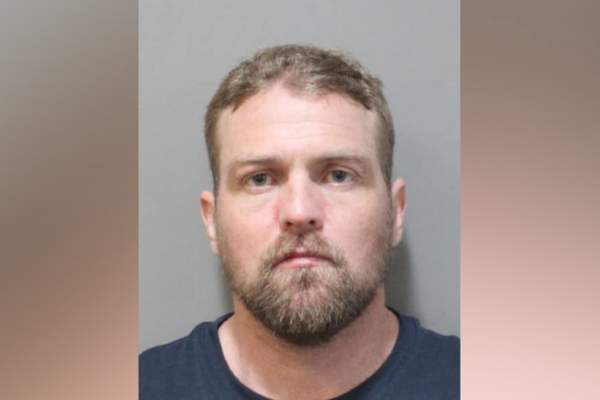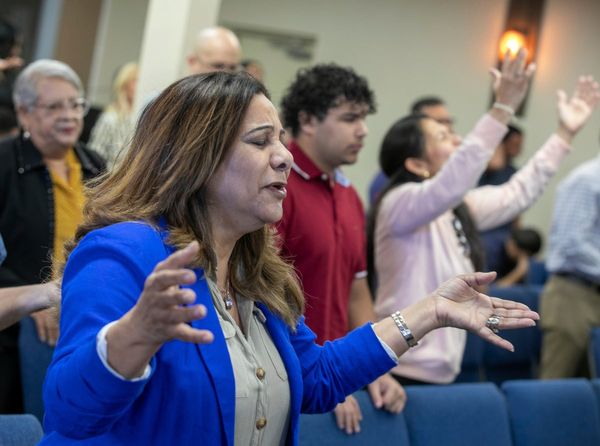
There’s a story that Philly.com sports columnist Bob Ford is fond of telling. It comes from his days on the Sixers beat over two decades ago, and it involves a backup center named Eddie Lee Wilkins.
Midway through the 1992-93 season, with the team lurching toward a 26-56 finish, the schedule brought the Sixers to Denver. And as the players dressed before a game against the Nuggets — a loss that would be their sixth straight, dropping them to 17-29 — Wilkins wanted everyone within earshot of his locker to know something.
“I wanna pop off,” he announced, according to Ford.
Ford, who happened to be the only reporter working the locker room in that pre-Internet age, calmly told Wilkins that it wasn’t a good day for that — that because he had already filed his pregame notes column, a story detailing Wilkins’ complaints about the team’s culture would have to wait until the following day, when the roadtrip continued in Houston.
Wilkins, who had played his first five seasons with the Knicks, was incredulous.
“Man, if I did that in New York, there would be 10 (so-and-sos) standing right here (around his locker),” he said.
When apprised of Wilkins’ feelings coach Doug Moe was non-plussed, as he was about most things that season. (An unorthodox but effective coach of some free-wheeling teams in Denver, Moe had been granted a golden parachute by Sixers owner Harold Katz, in the form of a lucrative five-year contract. Alas, he didn’t exactly have Alex English and Fat Lever at his disposal anymore, and was shown the door just a few weeks after L’Affaire Wilkins, having gone 18-37. He never served as a head coach anywhere again. And Wilkins, for his part, finished out the season, his last in the NBA.)
Fast-forward to last week, when an unproven second-year wing named Furkan Korkmaz aired his grievances (to borrow phraseology from “Seinfeld”), before and after the Sixers declined to pick up the option on his rookie contract at the Oct. 31 deadline. That means he can become a free agent after this season.
No, Korkmaz didn’t exactly pop off in the Wilkinsian sense. But he did make it known that he would like to be traded, unnamed sources told Philly.com.
But as with the Wilkins-Ford scenario, his complaint is likely to fall on deaf ears. There are bigger fish to fry in Sixerland at present, what with the whole Markelle Fultz saga and the team off to a meandering start and Dario Saric struggling and Wilson Chandler just beginning to work his way back into the mix, after missing the season’s first nine games with a bad hammy.
And so on, and so forth.
Korkmaz, a native of Turkey and the 26th overall pick in the 2016 draft, has shown some promise. Dude dropped 40 in a summer-league game four months ago — and, yeah, OK, it was just summer league, but y’know, 40 is still 40. Then he nailed 15 of 24 shots, including 8 of 15 3-pointers, in the preseason. And yeah, OK, it was just the preseason, but that at least offers some hint of what he can do.
But since the regular season has begun, he has found himself on the outside of the rotation looking in. He has played just 30 minutes over six games, and scored six points.
“I just want to play,” he told reporters before last week’s game against the Clippers.
Hence his trade request. The immediate problem, beyond whether he has any market value, was outlined by Dan Feldman of NBC Sports Universal: Any team dealing for Korkmaz can only re-sign him after this season to a deal that pays him no more than the yearly amount called for in his option — i.e., a little over $2 million. Feldman believes that would make others unlikely to take a flier on Furkan, wary of the fact that he might elevate his play and make himself attractive to another team.
I guess I get that, to a point, as Korkmaz is only 21, and missed all but 14 games last season with a broken foot. But what is his ceiling? Does anybody really know? The Sixers don’t seem to believe it’s that high, and given the dearth of daylight he has received, it’s hard for anyone to make that determination.
“Every day I feel like I’m getting better,” he said at one point in the preseason. “I’m getting more experience, and for me it’s really fun to play with these guys. This summer was also a really good experience for me. I just have to keep growing. Everybody knows what I can do on offense. I need to show more defensively.”
Therein lies the rub; he’s terrible at that end of the floor. But guys improve. Look, for instance, at Korkmaz’s Sixers teammate, JJ Redick. Like Korkmaz, he was a catch-and-shoot guy with defensive limitations when he came out of Duke in 2006. And like his younger counterpart, he struggled to find playing time in Orlando as a result. He averaged 12 minutes a game while appearing just 76 times his first two pro seasons.
“There is a level of patience that is required, for a lot of young players,” Redick told me during the preseason, while noting that there were differences between his situation and Korkmaz’s. For one thing Redick had played four collegiate seasons and was 22 when he broke into the NBA. For another thing, he wasn’t set back by an injury like the one that hindered Korkmaz last year.
“I think my second year I felt like I was ready to contribute,” Redick said. “Stan (Van Gundy, the Magic’s coach at the time) didn’t see it that way.”
Don’t read too much into that, though.
“Stan’s my guy,” Redick said. “I think you just have to be patient.”
The other thing young players need to understand, Redick said, is that no matter when they are given playing time (or how little they might be afforded), they are being evaluated. Doesn’t matter if it comes at the end of a game the Sixers are winning handily, or one in which they are being manhandled; every minute matters.
And, Redick said, “You have to take advantage of those minutes. You have to own those minutes. … There’s countless stories of guys who come in, whether it’s a blowout or an injury or whatever, and you get a two-minute run, you build off that. You get a 12-minute run, you build off that. Then you’re in the rotation. There’s extreme examples of that, like Jeremy Lin, where your career just takes off, but you’ve got to take advantage of whatever opportunities are there.”
Redick did that early in his career, to the point that he eventually became a contributor in Orlando, then a starter with the Clippers. Now in his 13th season, the 34-year-old has long been regarded as one of the league’s most feared shooters, and is at least passable on D.
So while it’s fine that Korkmaz has made his feelings known — as with Eddie Lee Wilkins, all those years ago — it’s now up to him to determine what he can become. To plot his course, in whatever slivers of time await him.
And wherever they may be.







